Social Justice
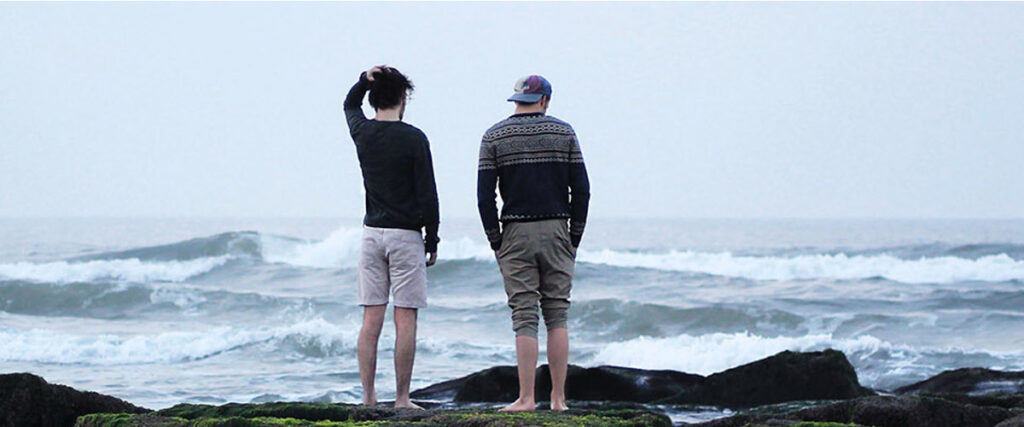
Being a Man: The Man Box study shows that rigid views on masculinity can be toxic
“The Man Box: A study on being a young man in Australia” was recently released by Jesuit Social Services’ The Men’s Project. The study involved...read more

Being a Man: The Man Box study shows that rigid views on masculinity can be toxic
“The Man Box: A study on being a young man in Australia” was recently released by Jesuit Social Services’ The Men’s Project. The study involved...read more

The Cardoner Project: helping young people develop mental well-being and a healthy spirituality
October 10 is Mental Health Day. Across the world, millions of people suffer from mental health disorders. Australia, which designates October as Mental Health Month, is no exception....read more
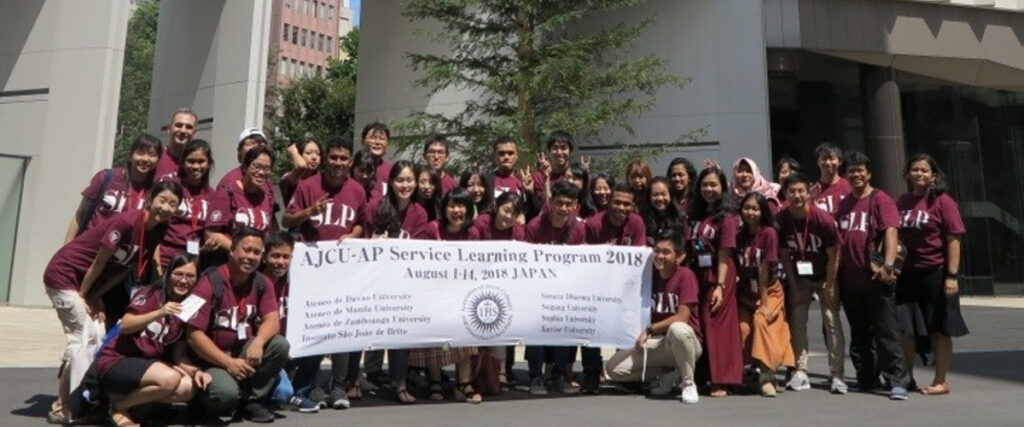
Encountering hope and faith in the upshot of Japan’s great earthquake
Students from Jesuit universities in Indonesia, Philippines, Korea, Timor-Leste and Japan spent two weeks learning about post-disaster community recovery from the experience of Japan. Through...read more
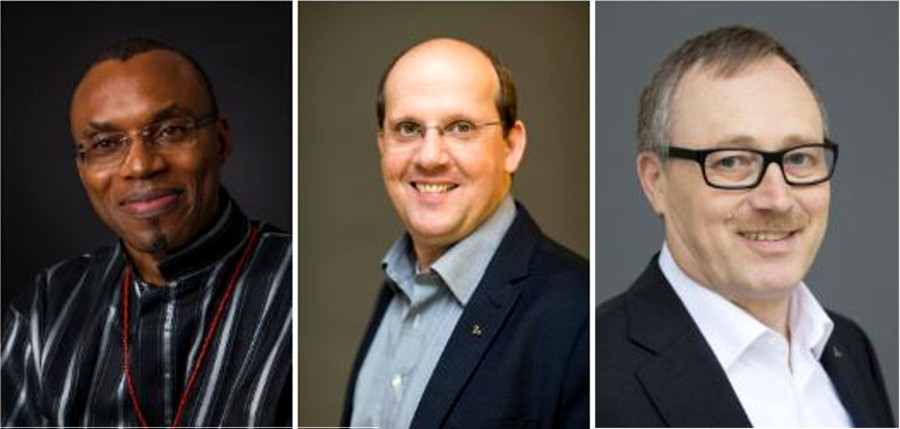
Don’t fight migrants, but migration root causes
With the upcoming EU Heads of state meeting in Salzburg, Jesuits in Africa and Europe have expressed their concern over any narrative depicting migrants as...read more
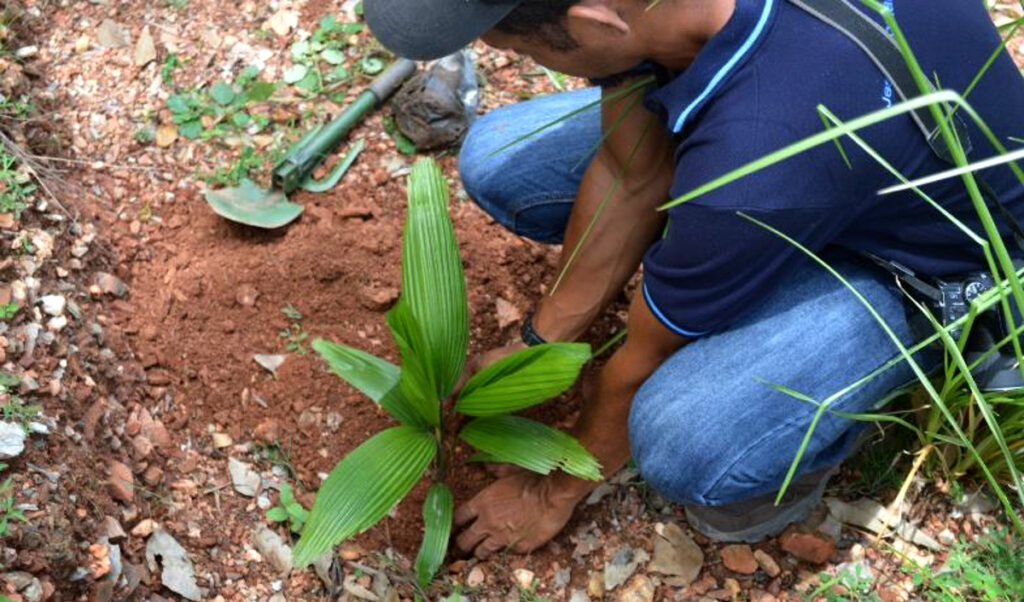
Teaching rural communities to understand and fight climate change
Rural communities in and around Dili are showing a positive change in their perception of the value of trees since Jesuit Social Service Timor-Leste began...read more
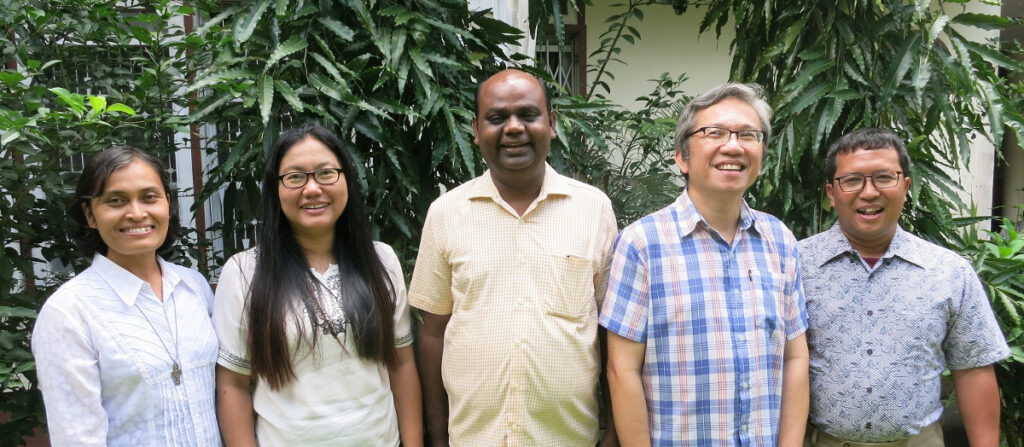
Myanmar Leadership Institute trains leaders with a holistic approach
A new institute in Yangon combines ethics, life skills, analytical skills and professional competencies for leaders in the fields of education, business and civil society...read more
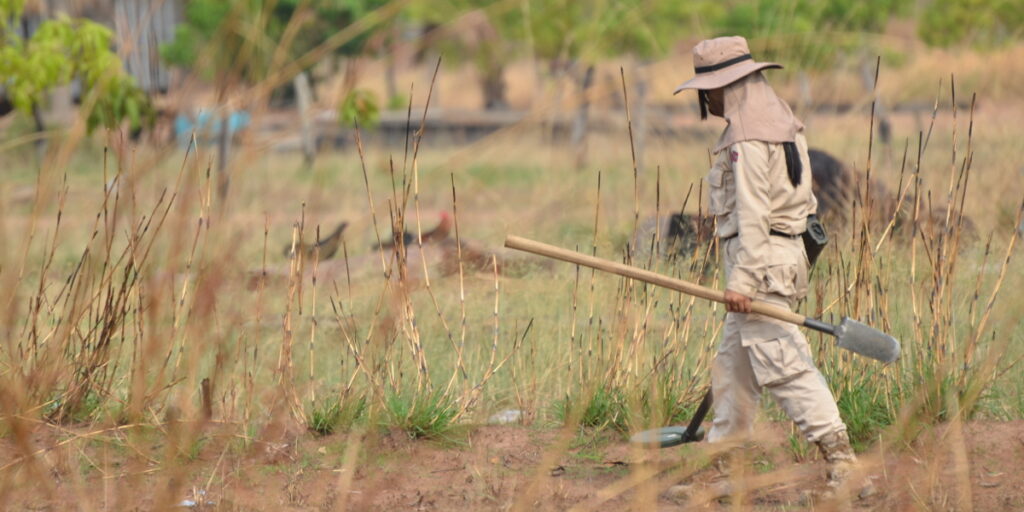
Ten years on, treaty to ban cluster munitions yields positive impact
Since the adoption of the Convention on Cluster Munitions in 2008, significant strides have been made in eradicating cluster munitions. This is according to the...read more
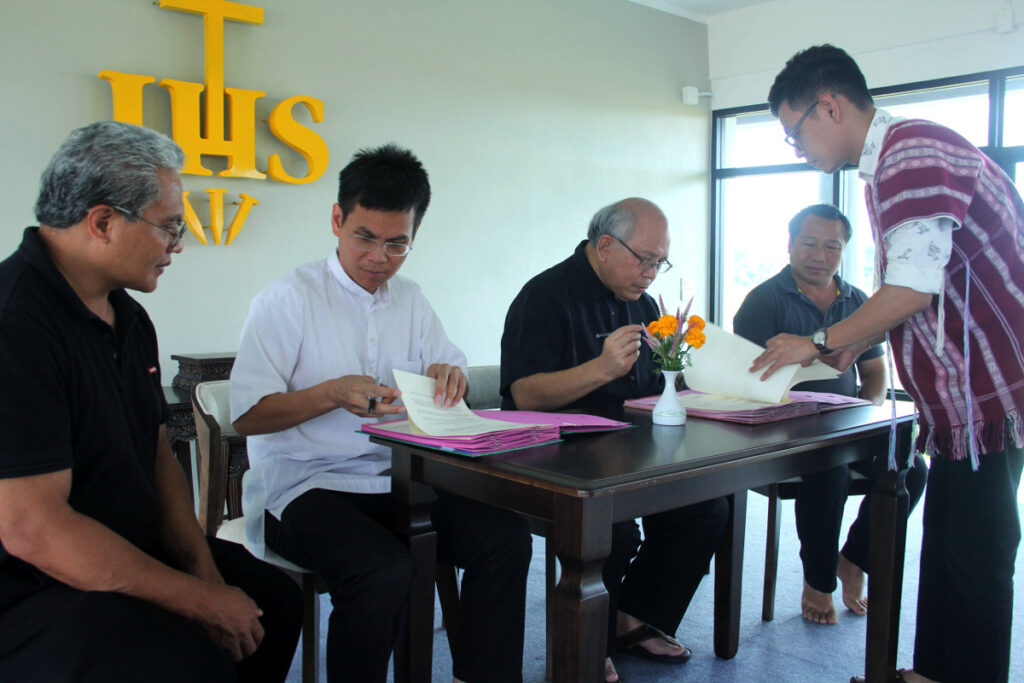
Xavier Learning Community moves closer to becoming a college with Ateneo de Davao partnership
Xavier Learning Community (XLC), an education project of the Jesuit Foundation for Education in Thailand, and Ateneo de Davao University (AdDU) in the Philippines have...read more
